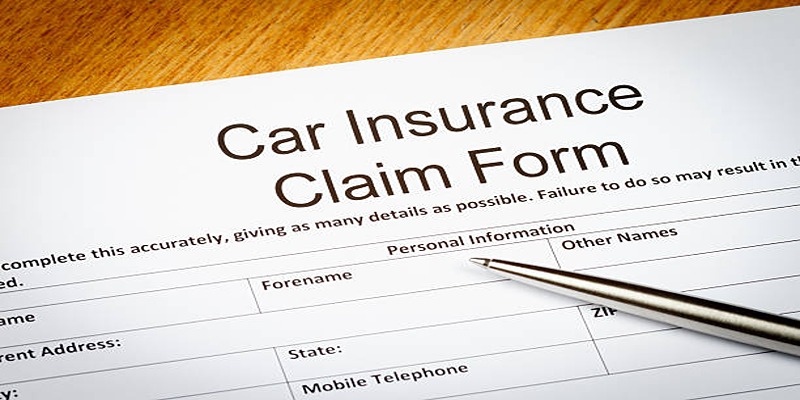Advertisement
Filing a car insurance claim can sometimes be confusing, but understanding when to take action can save you time and money. Car insurance is meant to protect you from unexpected accidents or mishaps that cause damage or loss. However, not every scratch or fender bender requires a claim. Knowing the right time to file can prevent higher premiums and unnecessary stress. Consider factors like the extent of the damage, who is at fault, and your deductible before deciding. This guide will help you navigate when to file a claim and when it might be better to pay out of pocket.

Before diving into when to file a car insurance claim, it's essential to understand the different types of claims you can make. There are two main categories: collision and comprehensive.
Collision costs include any cost in case of an event or accident involving contact with another car or object. These comprise of back impacts, secondary impacts, and side impacts as well as off in impacts such as striking an object such as a pole or even a tree. Should you have collision coverage then your insurance company will cover the damages up to the policy limit less your deductible.
Comprehensive claims are those that may happen due to theft, vandalism, fire, or even natural disasters. Comprehensive insurance pays for a car when it is stolen, or damaged through causes not involving an accident, such as fire or vandalism.
Now that you understand the types of claims, here are some factors to consider before making a decision to file:
While every situation is different, here are some scenarios where filing a car insurance claim is recommended:
In the case of major accidents resulting in significant damage or injuries, it's best to file a claim. This will help cover the costs of repairs and medical bills that may be too high for an individual to handle alone.
In no-fault insurance states, youll typically file a claim with your own insurance company, regardless of who caused the accident. Your insurer will then handle the process of seeking reimbursement from the other driver's insurance provider.
Comprehensive coverage typically covers damages from severe weather events like hailstorms or floods. If your car sustains significant damage due to these types of incidents, it's recommended to make a claim.
While it may seem like the best option to file a claim for any type of damage, there are some situations where paying out-of-pocket may be more beneficial:
If you have determined that filing a claim is necessary, here are the steps to follow:

Filing a car insurance claim can be a complicated decision, and there is no one-size-fits-all answer. It's essential to consider the extent of damages, fault determination, deductible amount, and previous claims before making a decision. In some situations, it may be more beneficial to pay for repairs out-of-pocket instead of filing a claim. Remember to always gather all necessary information and follow the instructions provided by your insurance company when making a claim. While there are potential downsides to filing a claim, having proper car insurance coverage can provide financial protection and peace of mind in case of unexpected events on the road.
Advertisement

By Maurice Oliver/Mar 18, 2025

By Darnell Malan/Dec 03, 2024

By Elena Davis/Dec 13, 2024

By Aldrich Acheson/Dec 05, 2024

By Alison Perry/Nov 10, 2024

By Isabella Moss/Nov 10, 2024

By Isabella Moss/Mar 18, 2025

By Juliana Daniel/Jan 24, 2025

By Verna Wesley/Mar 17, 2025

By Martina Wlison/Jan 06, 2025

By Madison Evans/Jan 20, 2025

By Pamela Andrew/Dec 03, 2024